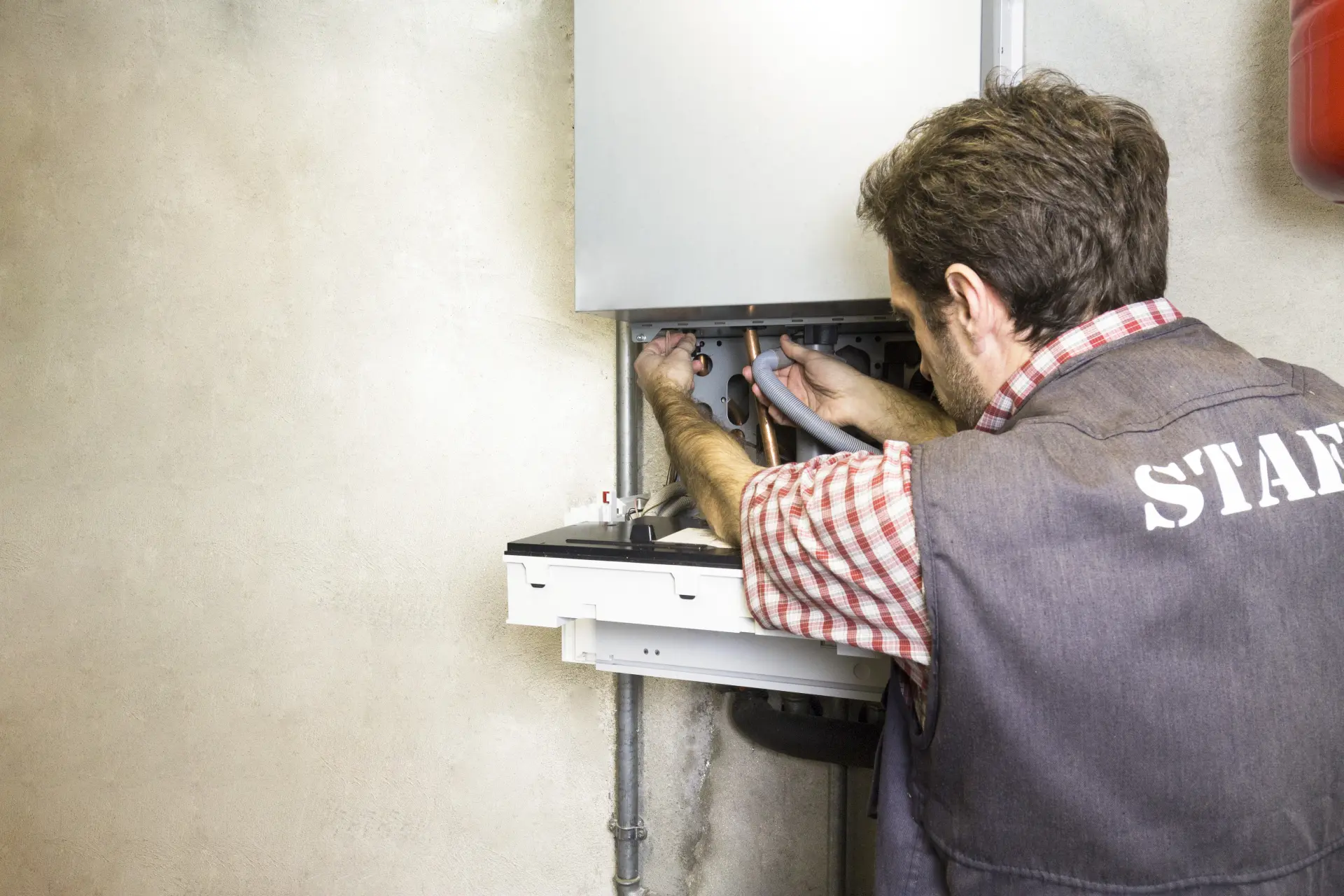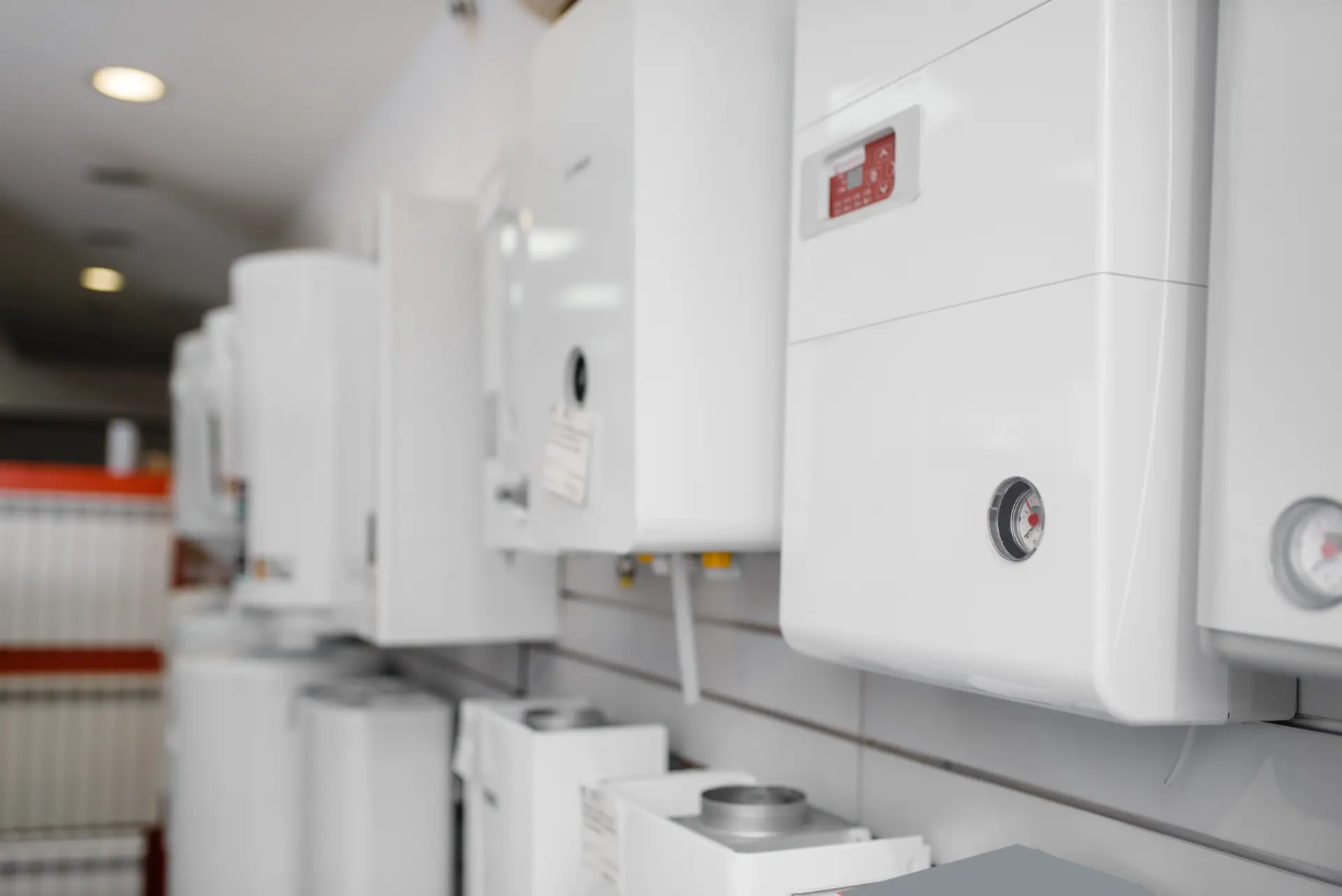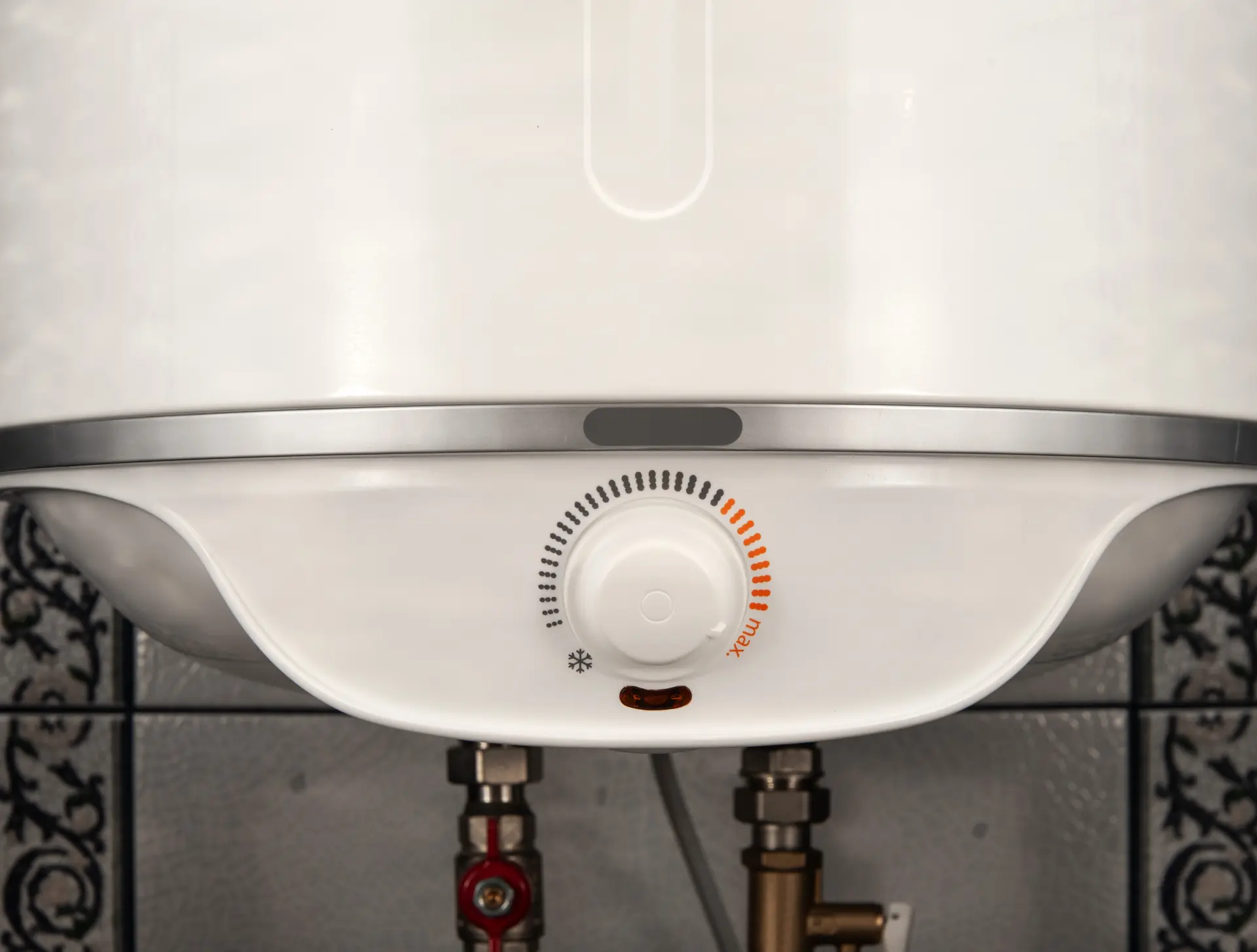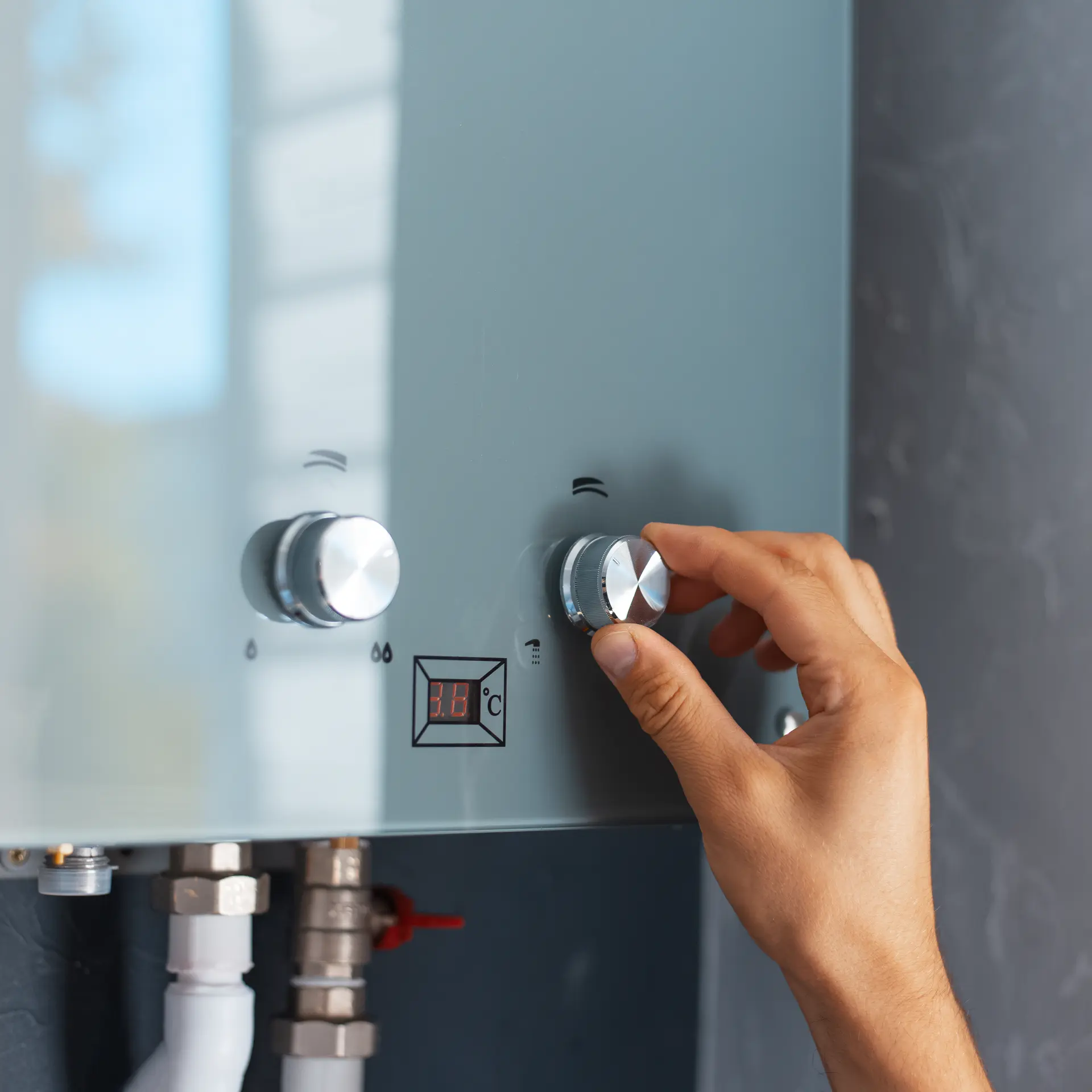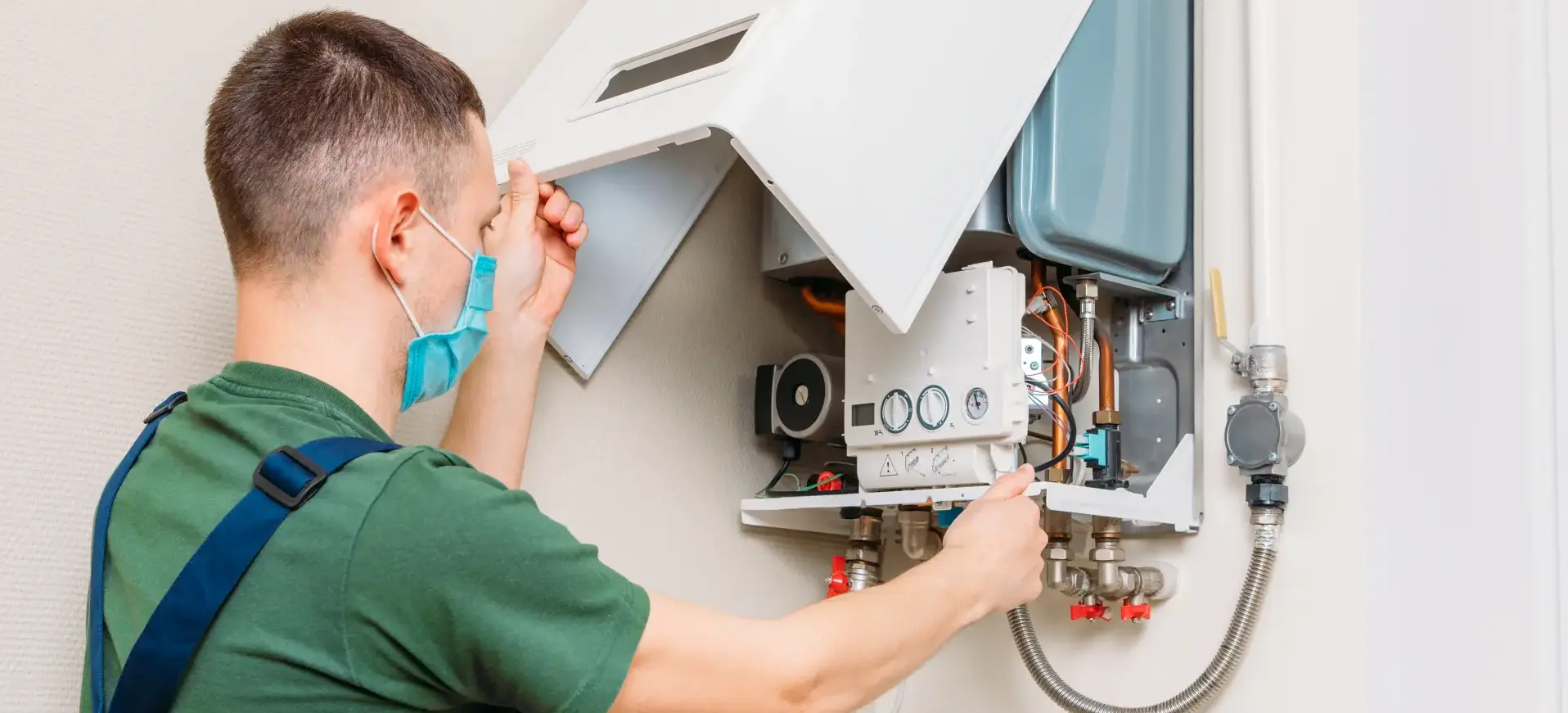Your boiler plays a vital role in keeping your home warm and your water hot throughout the year. Over time, parts wear down, sediment builds up, and small faults can begin to affect performance. Recognising these warning signs early helps prevent costly breakdowns, improves efficiency, and ensures your household remains comfortable and safe.
Unusual Noises Coming from the Boiler
A well-functioning boiler should operate smoothly and quietly. If you start hearing strange sounds such as banging, whistling, gurgling, or tapping, it is a clear sign that something is not right. Each type of noise can indicate a different issue: banging might mean trapped air or a failing pump, while whistling could suggest limescale buildup or low water flow.
Gurgling sounds are often caused by air pockets or frozen pipes. Ignoring these noises can lead to bigger problems later, as the extra strain on internal components can shorten your boiler’s lifespan.
In some cases, unusual sounds can also point to dangerous issues such as pressure fluctuations or system blockages. Having a qualified engineer assess the problem early can save you money and reduce the risk of a full breakdown during the colder months.
Inconsistent Heating or No Hot Water
If your radiators take longer than usual to warm up or your hot water turns lukewarm unexpectedly, your boiler may be struggling to operate efficiently. Common causes include faulty thermostats, broken diverter valves, or airlocks that prevent hot water from circulating properly. You might notice that some rooms heat up while others remain cold, or that your shower runs hot and cold in quick bursts.
These issues can make your home uncomfortable and force your boiler to work harder, which in turn increases your energy usage. A professional inspection can identify whether the problem lies within the boiler itself or in connected systems like the pump or pipework. Restoring even heat distribution and consistent hot water not only improves comfort but also reduces long-term running costs.
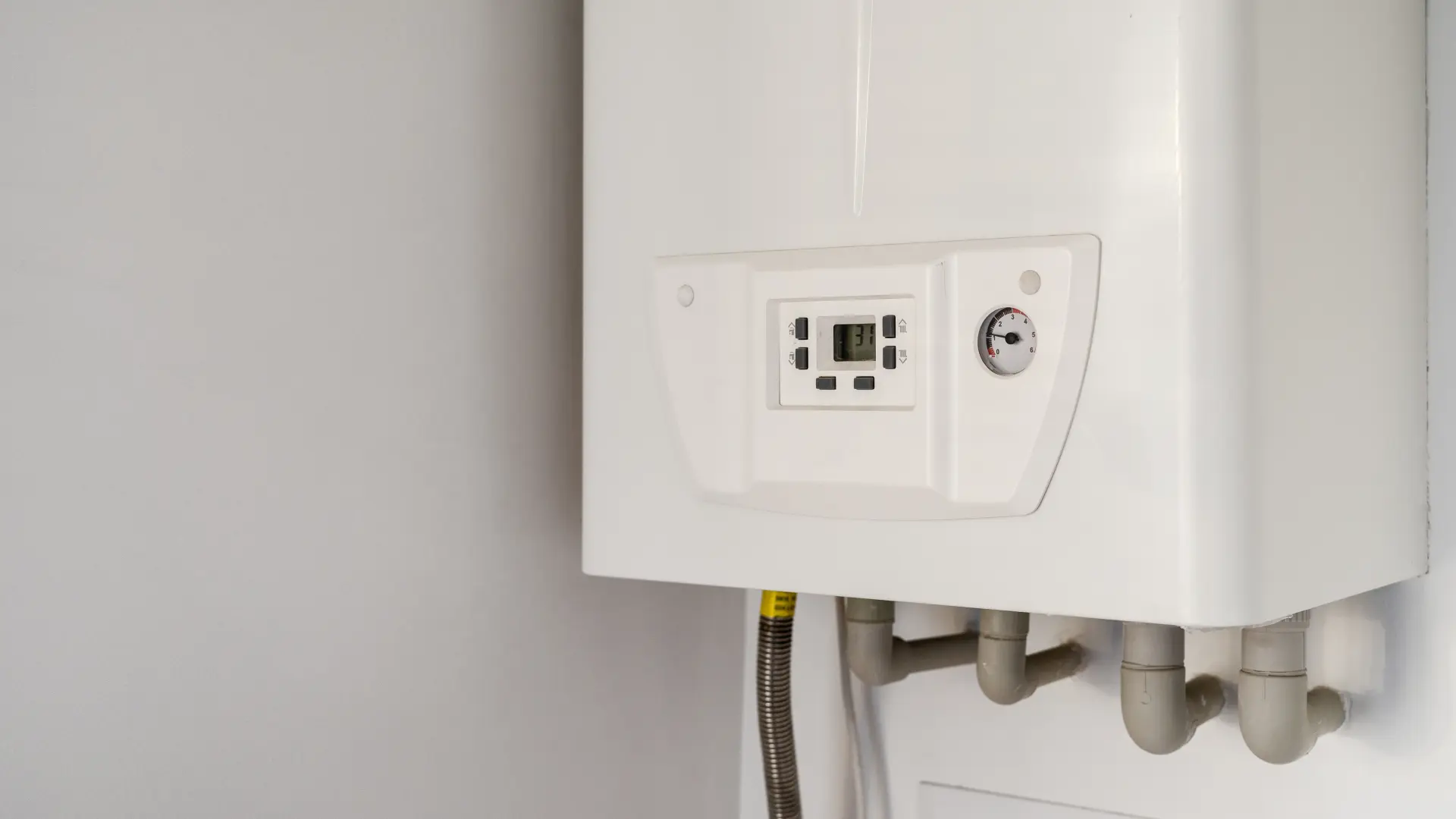
Leaks or Drips Around the Unit
Water leaks are one of the most common and serious warning signs of boiler trouble. Even a small drip can indicate worn seals, corroded components, or a damaged pressure relief valve. Over time, leaking water can weaken surrounding structures, damage flooring, and encourage mould growth. You might also notice that the boiler loses pressure regularly, which is often linked to a hidden leak somewhere in the system.
If left unchecked, leaks can lead to further corrosion and costly internal damage. It is important to turn off the boiler and call a Gas Safe registered engineer immediately if you notice any moisture, puddles, or rust marks around the unit. A professional can locate the source of the leak, repair or replace damaged components, and ensure the system is safe to operate.
Rising Energy Bills Without Increased Usage
A sudden rise in your energy bills without any noticeable change in usage often suggests your boiler is losing efficiency. This can happen for several reasons: blocked pipes, failing sensors, soot build-up in gas boilers, or sludge accumulation inside the system. As efficiency drops, your boiler works harder to reach the same temperature, wasting both fuel and money.
Regular maintenance, including cleaning and flushing the system, helps restore performance and reduce running costs. In older boilers, component wear can make replacement more economical than repair. A new, energy-efficient model can lower bills, reduce carbon emissions, and provide more reliable heating. Scheduling an annual service is one of the best ways to catch early signs of reduced efficiency before they become major faults.
Need fast and reliable boiler repairs in your area? A.C.O Heating And Plumbing Ltd provides expert diagnostics, repairs, and servicing to keep your heating system running safely and efficiently.

